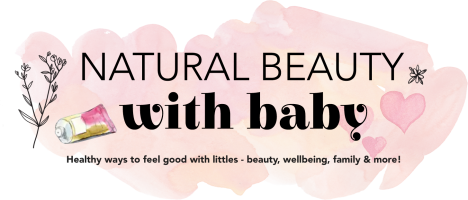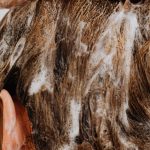“Navigating changes in hair and skin: understanding ageing, health and self-care” is a collaborative post.
Caring for your hair and skin is a daily job. Taking the best hair supplements and creating a tailored skin care routine go a long way to keeping you healthy and glowing, but sometimes underlying factors can undermine your efforts. If you’ve noticed recent hair loss or skin problems, here are some possible causes.
Reasons for hair loss
Some hair loss is normal since your follicles go through cycles of dormancy. For example, people tend to shed more hair during the fall and spring. These grow back over time and are nothing to worry about.
Age can also cause hair loss as hormones change. Post-menopausal people often experience hair loss or thinning due to falling progesterone and oestrogen levels. While not always welcome, it’s typical for the age range.
However, sudden hair loss with no new growth or obvious reasons can cause concern. If you are relatively healthy, there are a few possible causes. Genetics is one of the most common; if others in your family have experienced hair loss, your genes may be the primary factor.
Stress is another big reason for hair shedding. The body naturally sheds hair about two to three months after a big stressor, and thinning can last up to nine months. In most cases, your hair will return as full as before.
Factors for skin conditions
Acne is a common skin condition with a common cause: bacteria. These microorganisms irritate pore linings, causing them to become inflamed. In many cases, a diligent skin care routine with specialised products, such as azelaic acid cream, can clean your face of these harmful bacteria and prevent pimples.
However, bacteria aren’t the root of all inflammation. If regular, gentle cleansing isn’t doing the trick, it’s time to look elsewhere for answers.
Irritants
Inflammation can be a sign of allergies, which is when the immune system attacks non-threatening particles called allergens. Most people don’t know they’re allergic to a product until they try it, so this is a likely answer if you develop redness, puffiness and irritation after incorporating something new into your routine.
You can also develop itchiness, dryness and sensitivity after using products containing irritating ingredients:
- Fragrances
- Alcohol
- Lactic acid
- Sulfates
- Petroleum
These are especially problematic for people with naturally dry skin, as they strip away moisture. If you have sensitive or dry skin, avoid these ingredients and nourish your skin with moisturiser.
Pregnancy
Hormone fluctuations can have a huge impact on your skin, and pregnancy is well-known for its many hormonal changes. Once pregnant, you may find yourself struggling with the following:
- Eczema
- Pemphigoid
- Melasma
The good news is that many people find their skin returning to normal as their hormones return to pre-pregnancy levels. This process may take up to six months since the body requires time to heal and settle.
Final thoughts on navigating changes in hair and skin
Caring for your skin and hair can make you feel more confident and comfortable. Investing in your beauty routine is an investment in yourself, so try out new products to find what works. Whether it’s a hair growth serum, home facial or acne-preventing cleanser, the right product can make a huge difference in your appearance and self-esteem.






